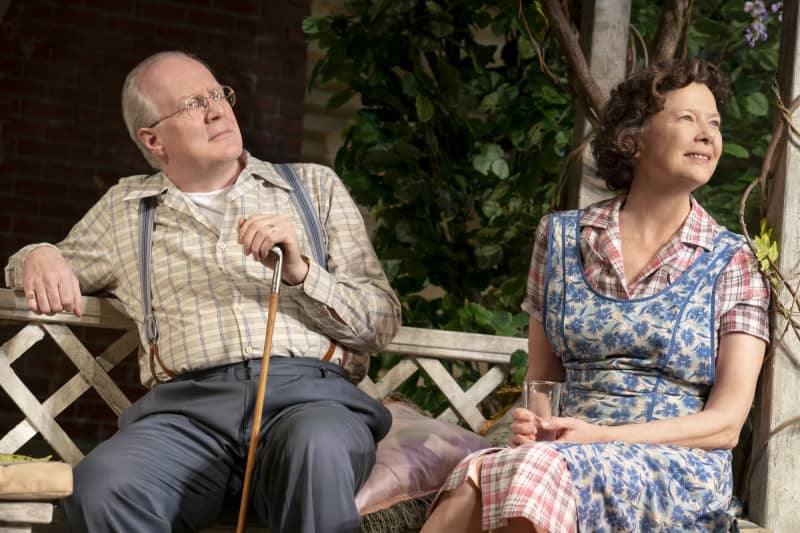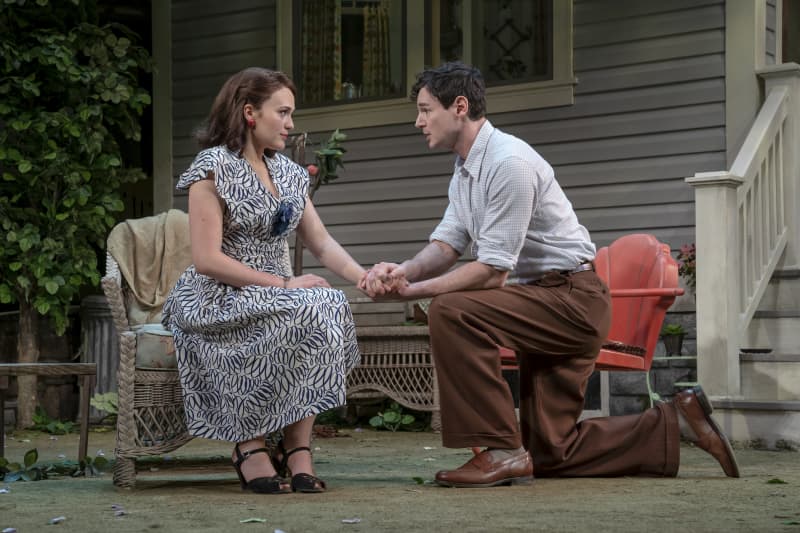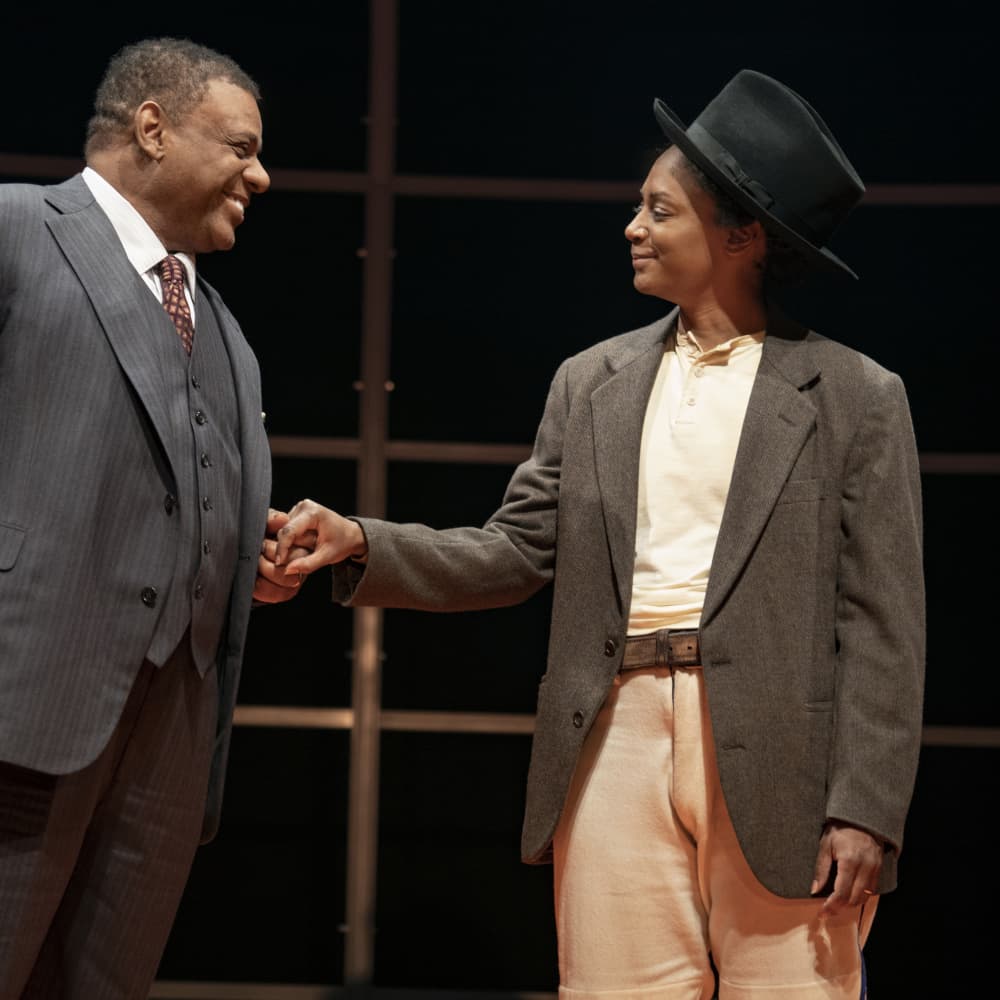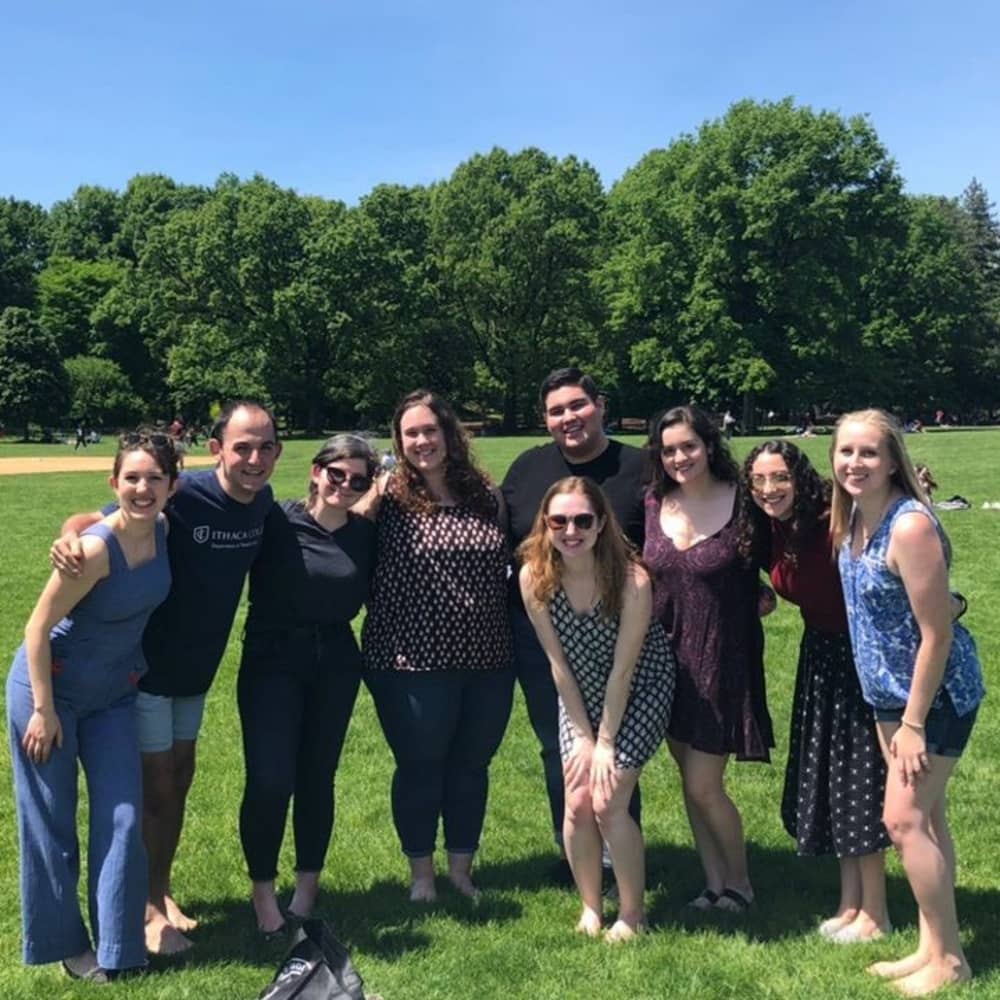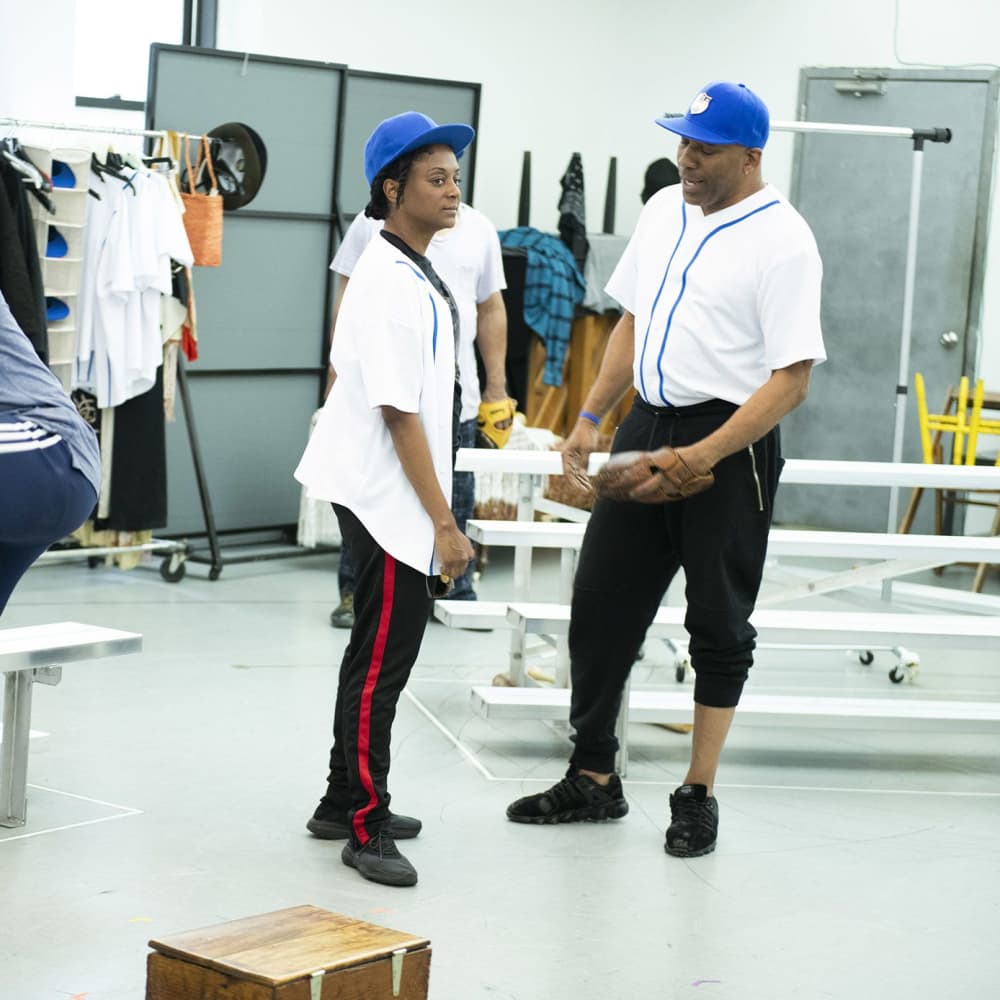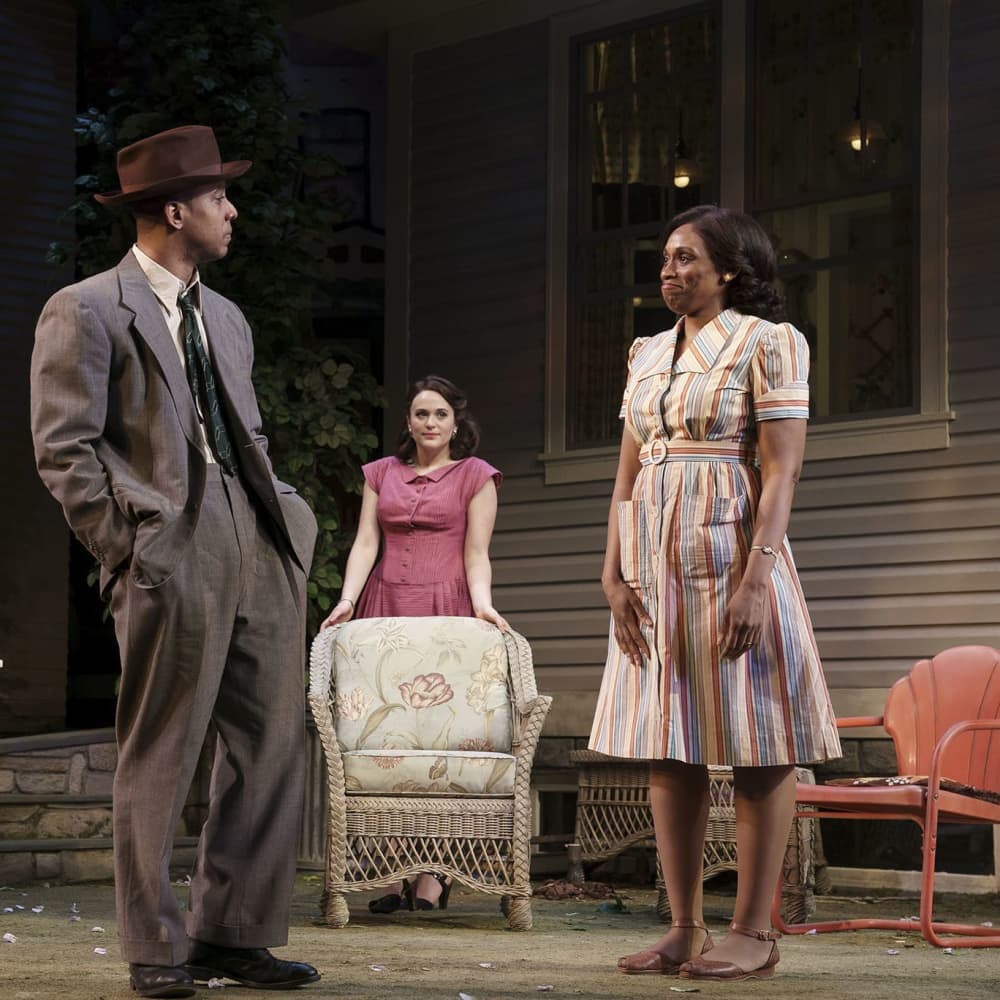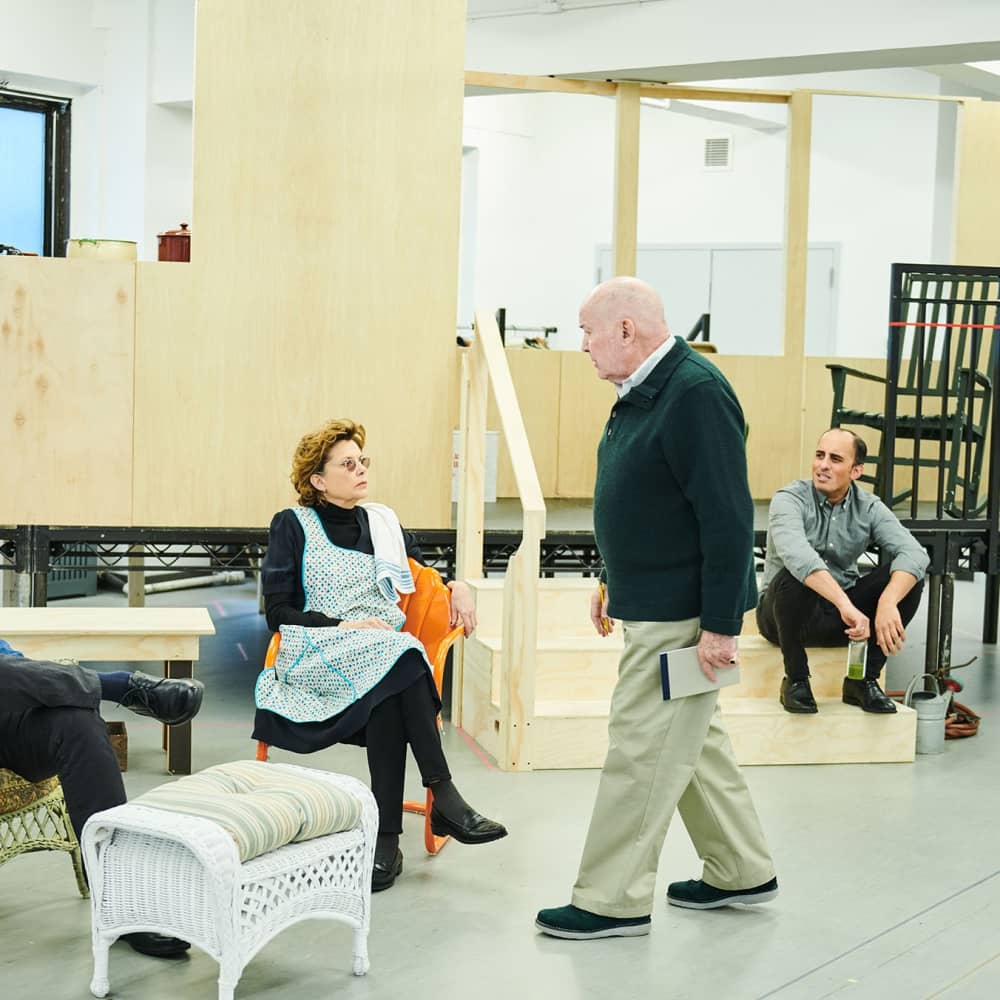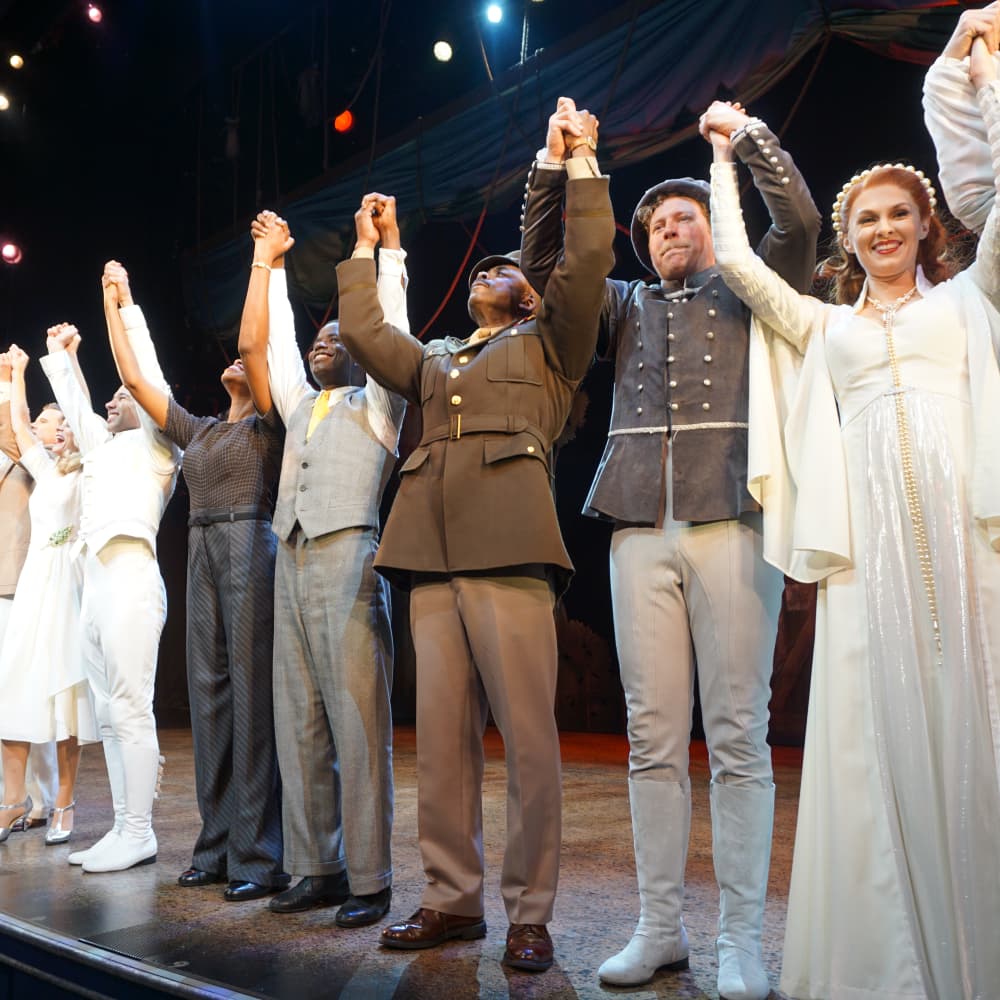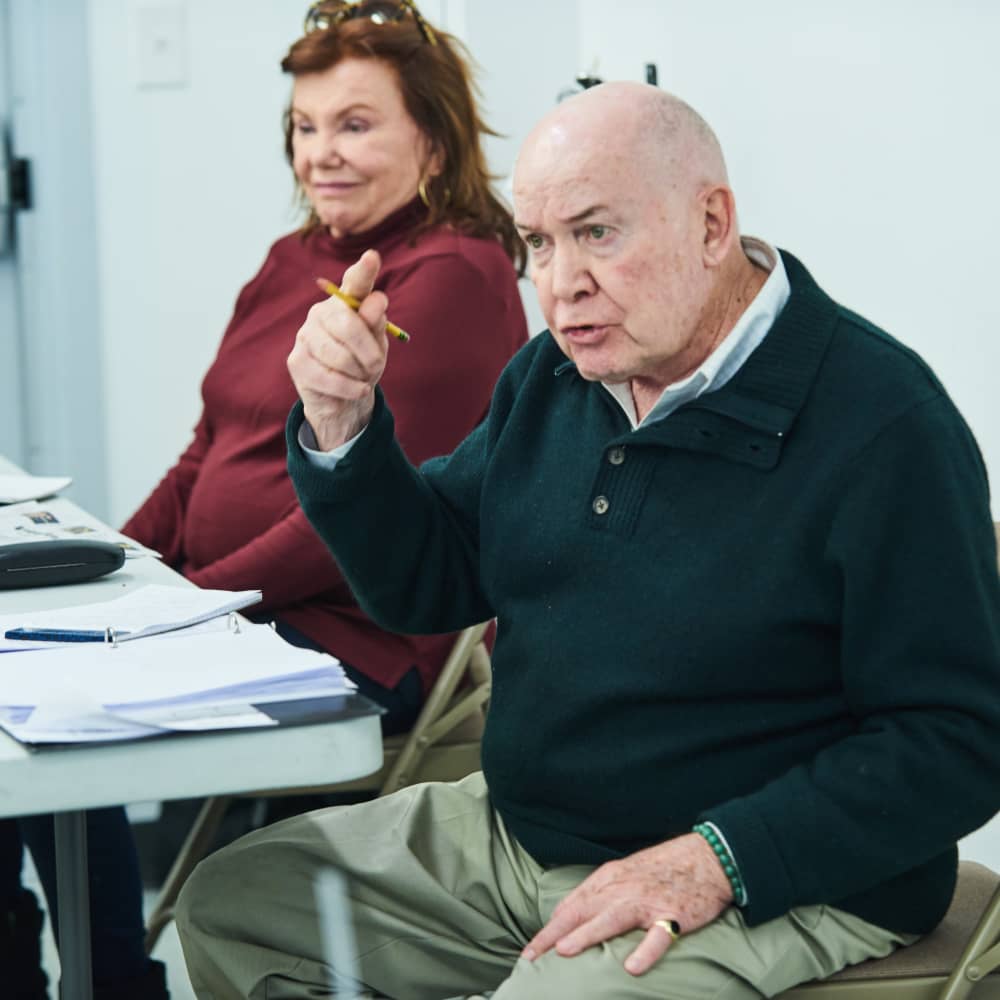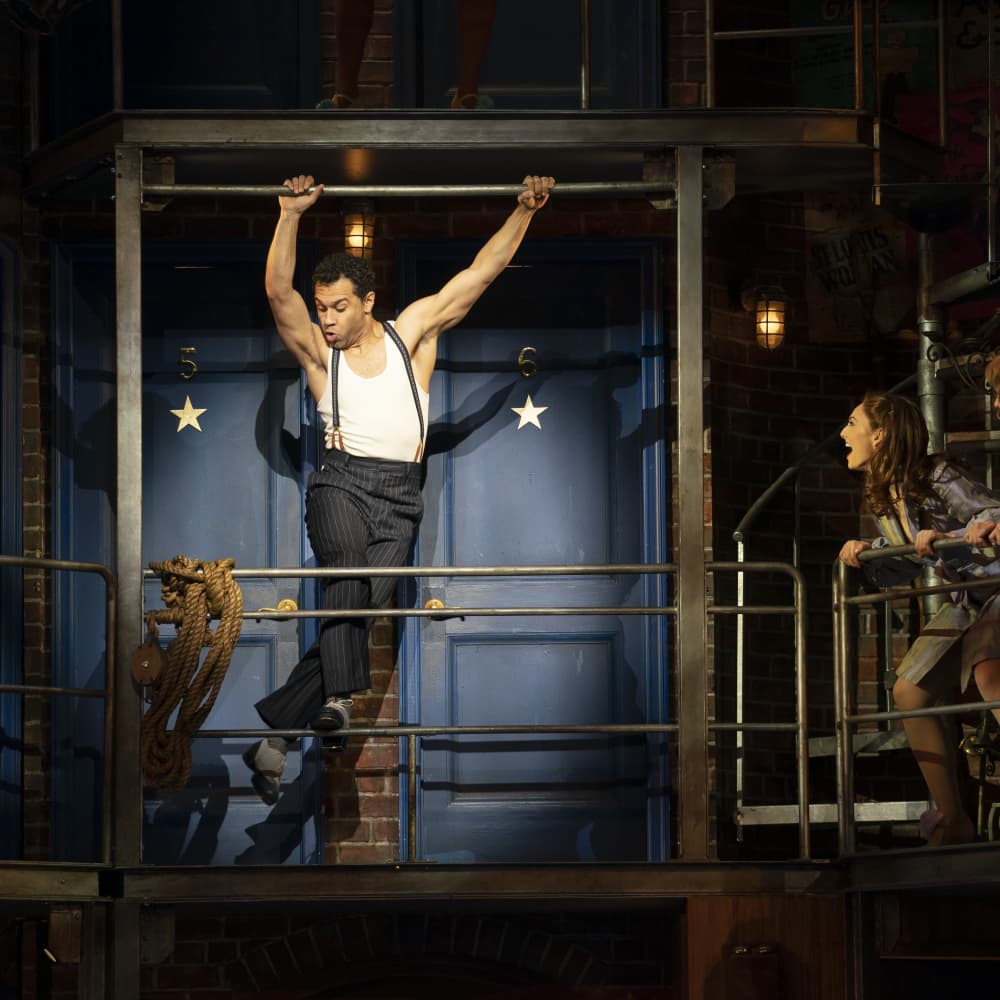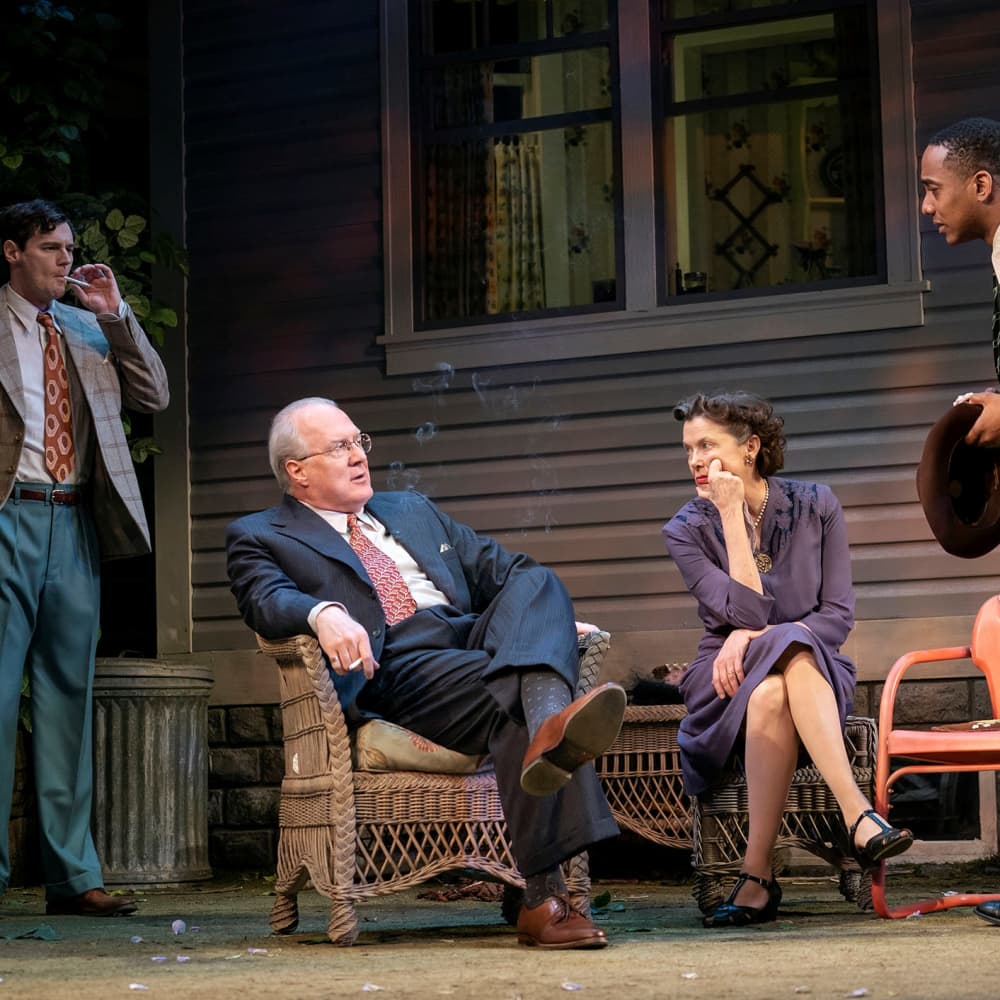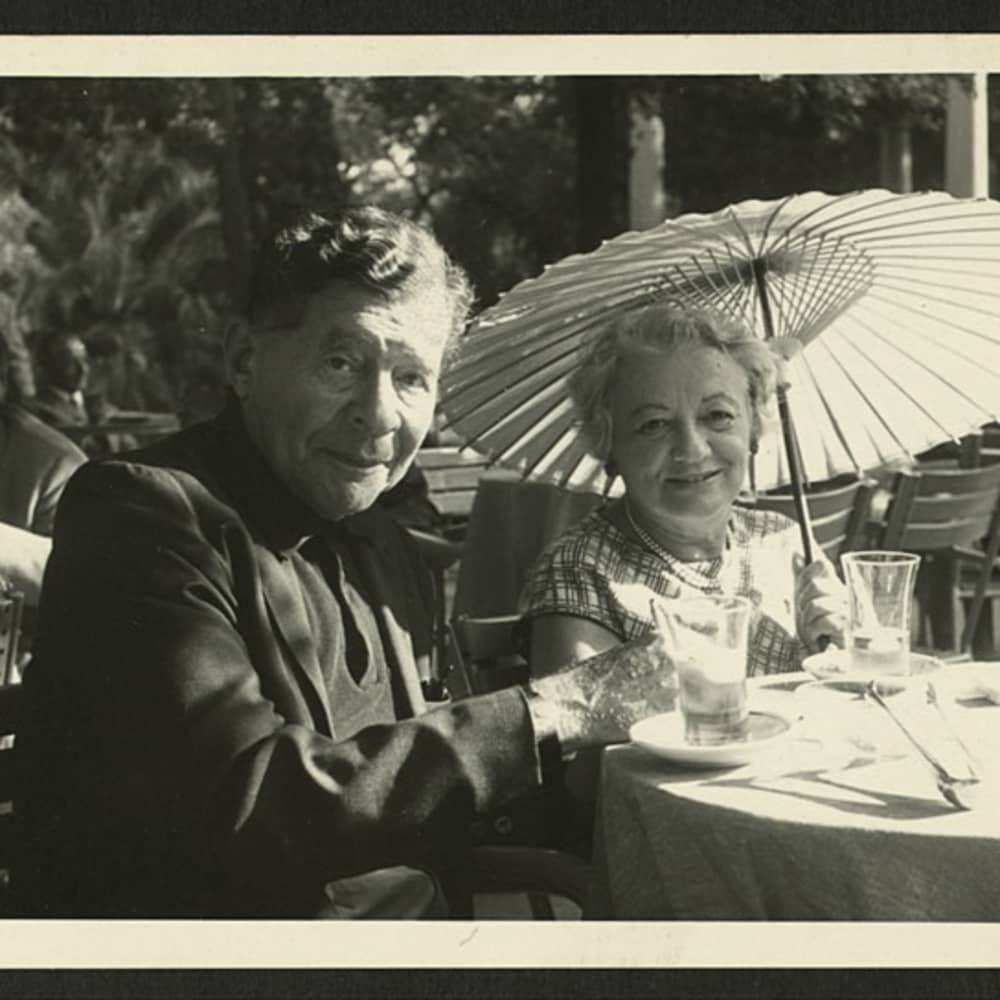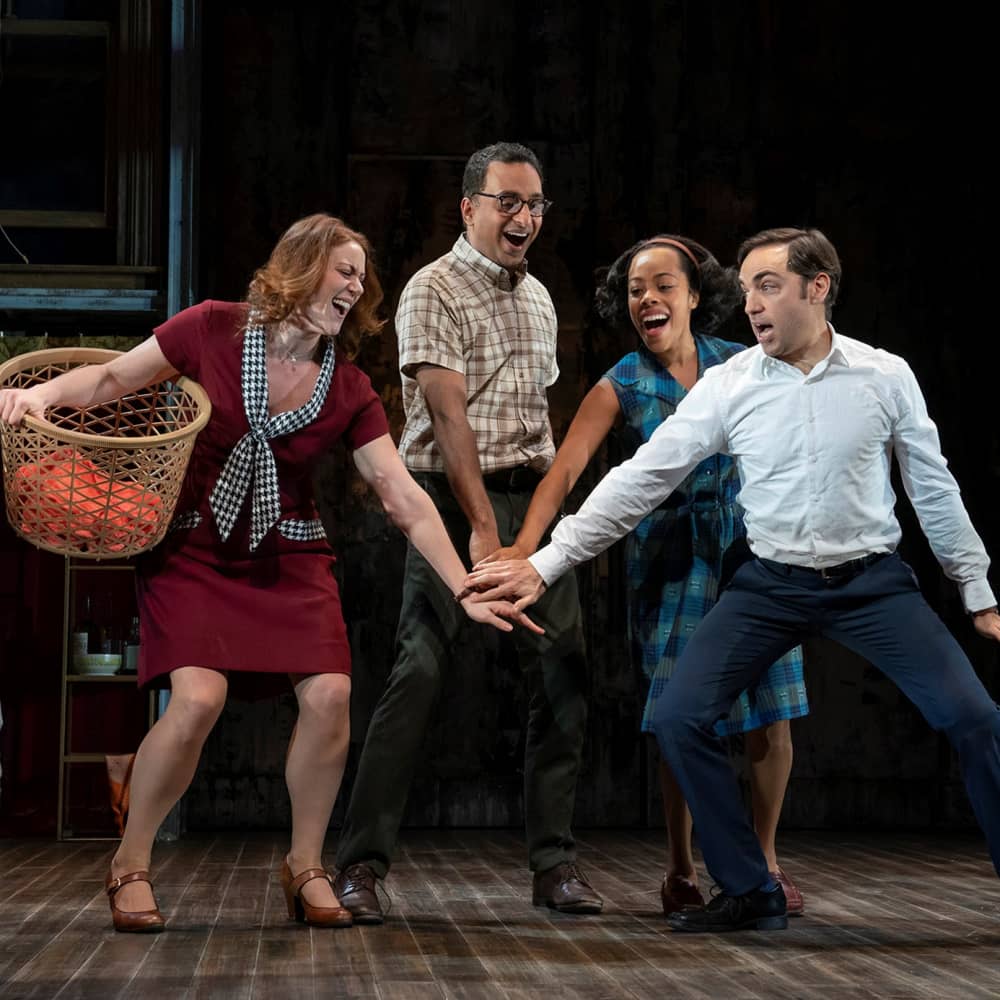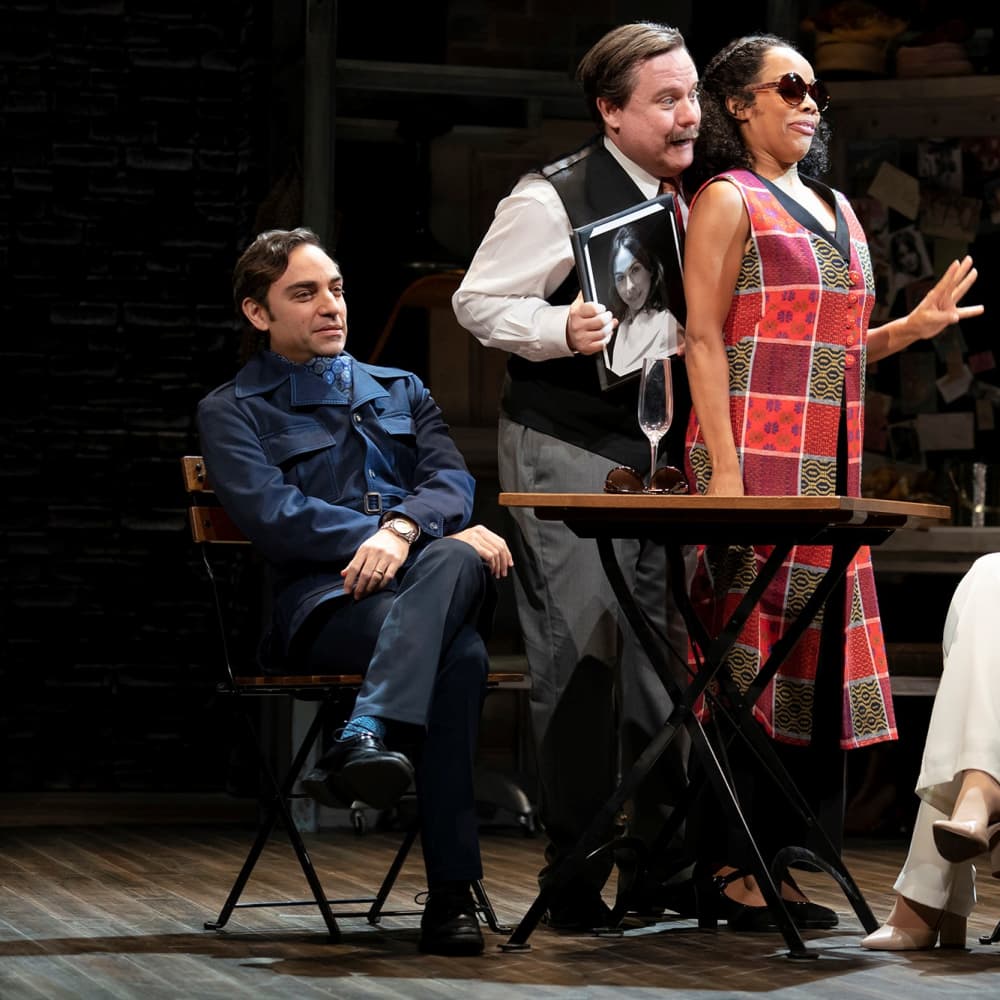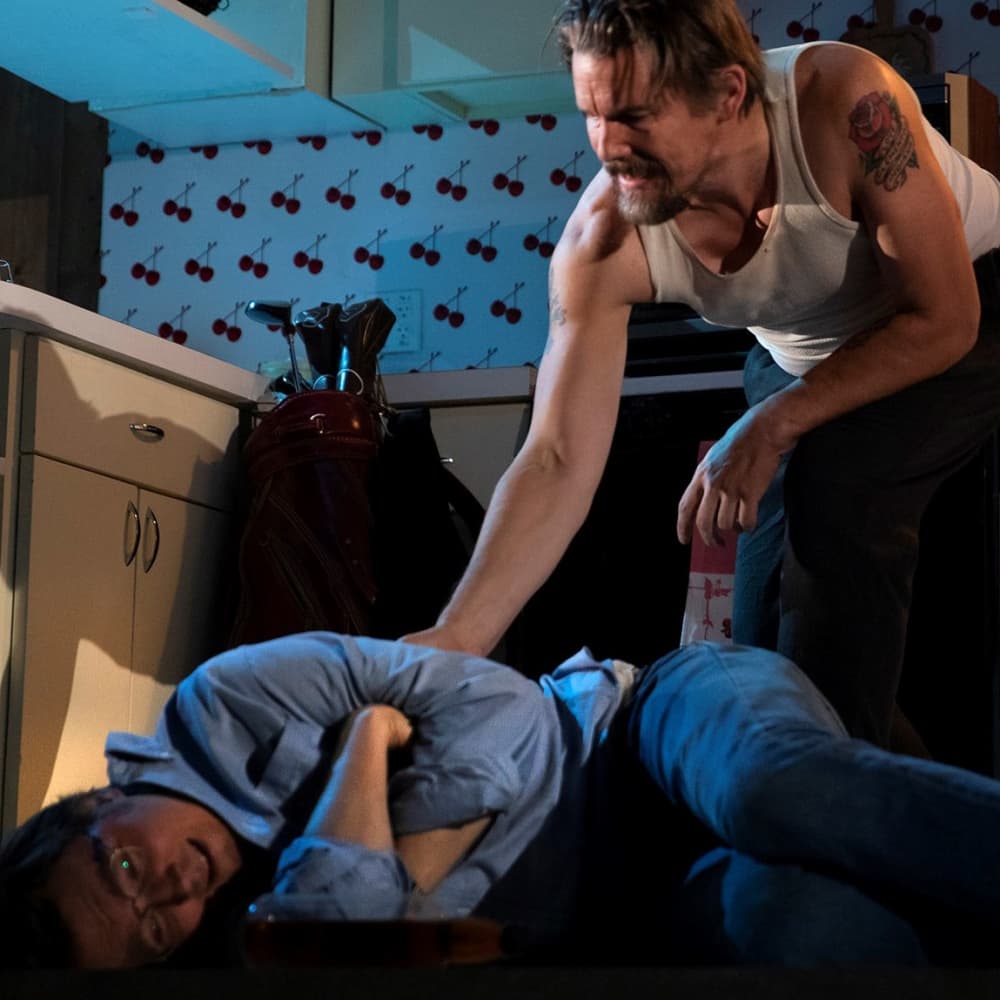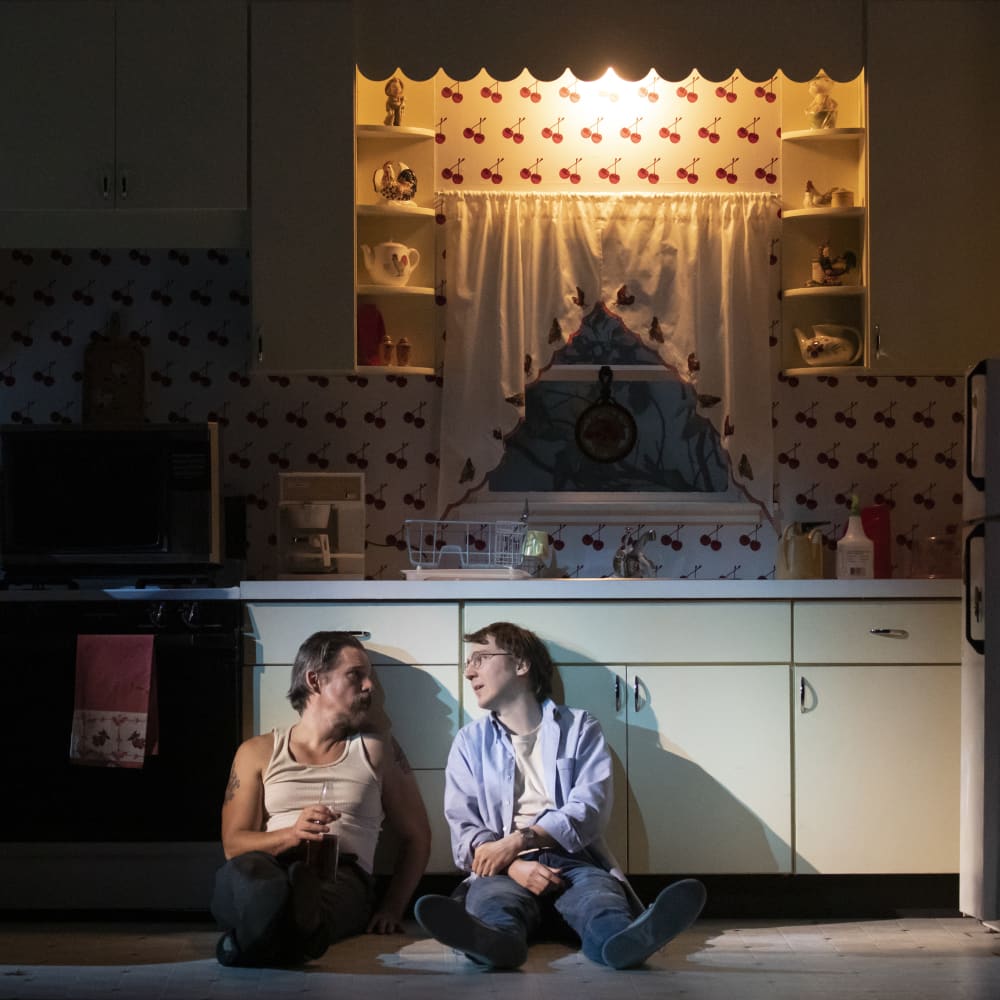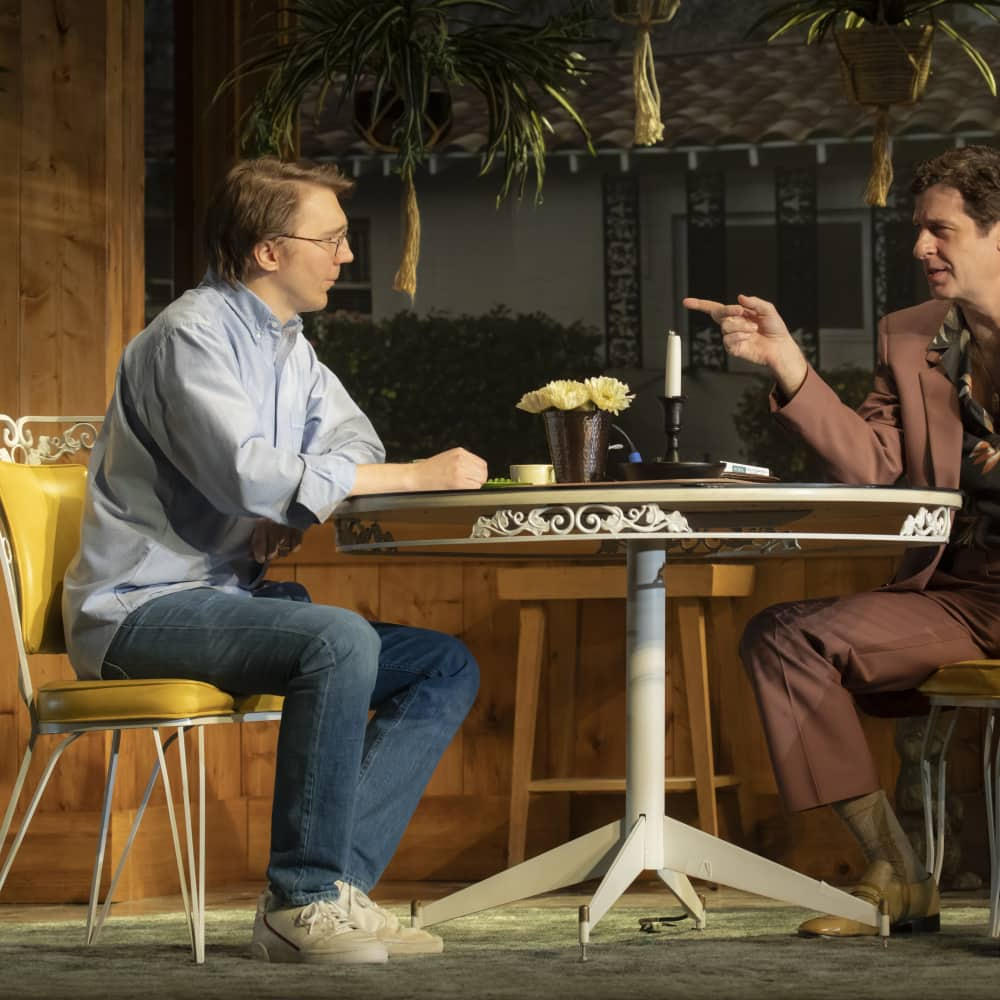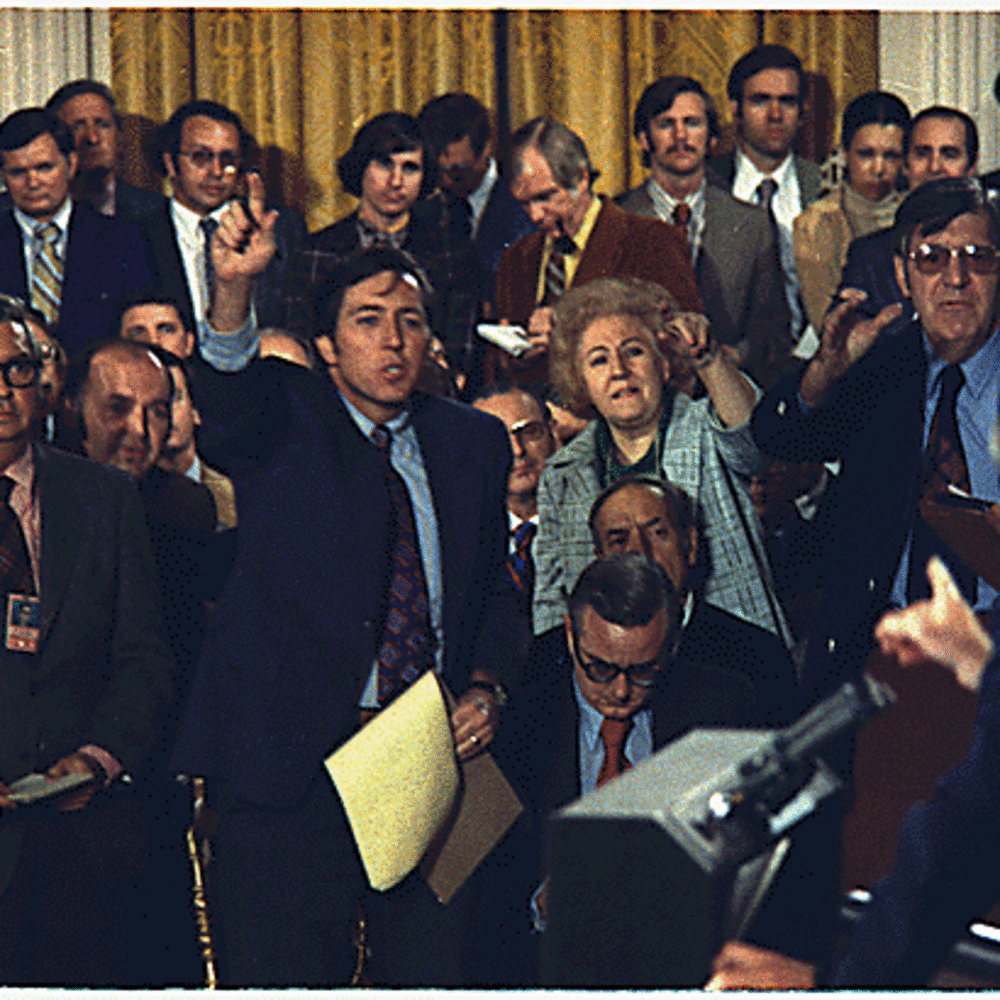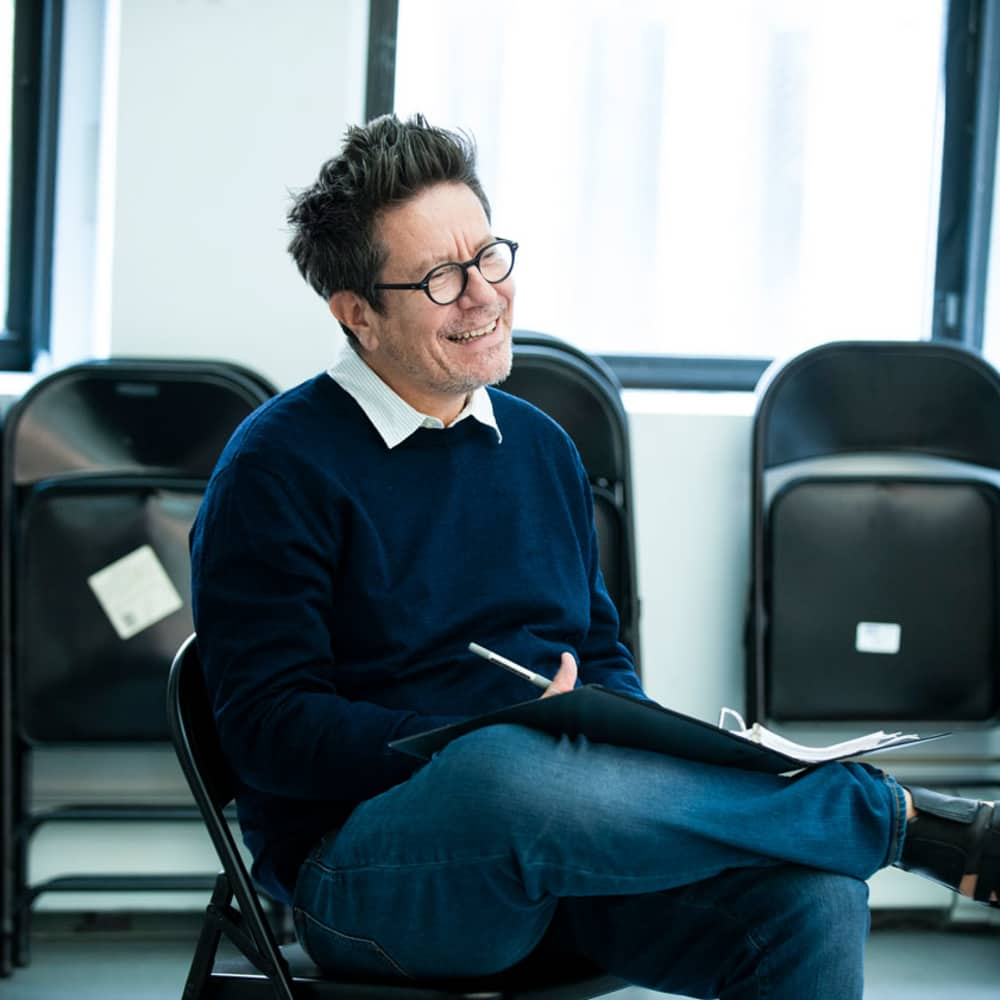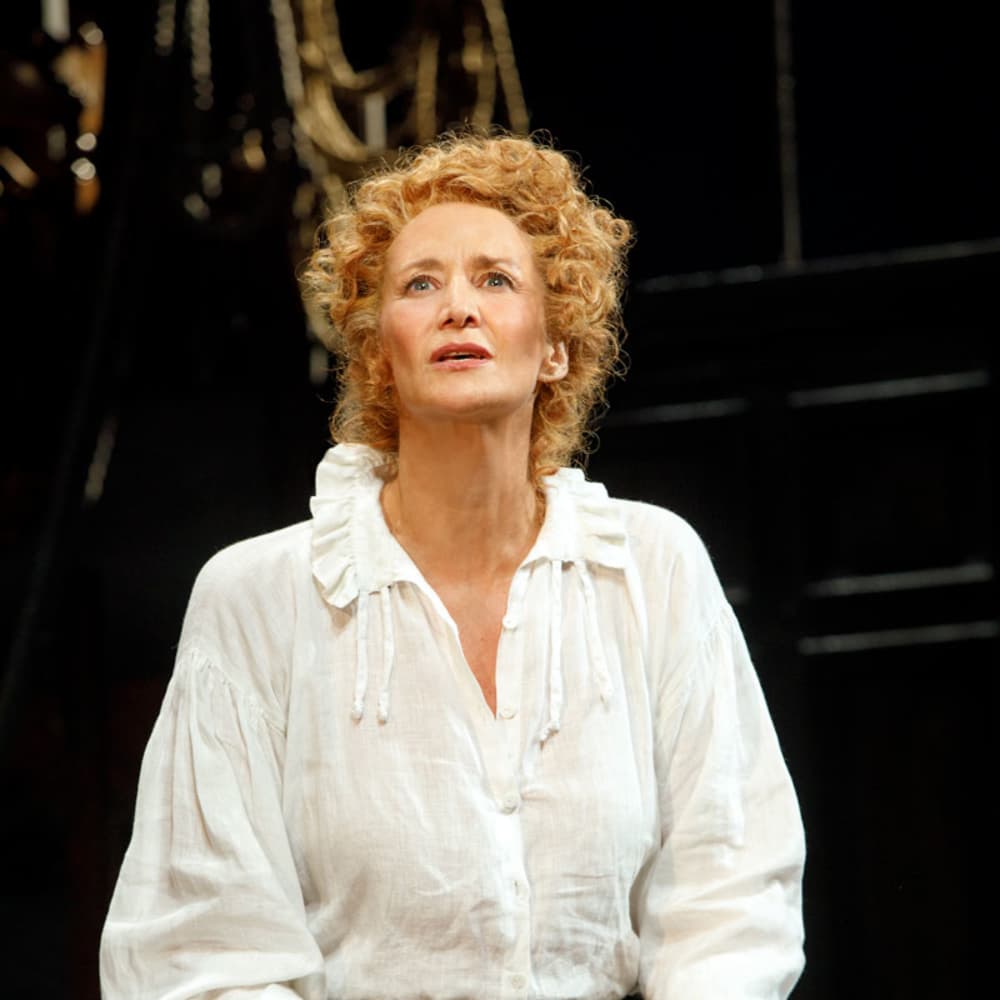Morality and Connectedness in All My Sons
Posted on: April 30, 2019
What is the right thing to do? Twenty-first century New Yorkers are confronted with moral decisions -- choices that reflect one’s understanding of right and wrong-- every day. Some are small: choosing not to cheat on a math test, or responding to homeless individuals on trains. Some are larger and more nuanced: protesting for racial justice, going public with accusations of harassment, or working to change laws.
Arthur Miller is often called a moral playwright because he explored how our individual understanding of right and wrong comes into conflict with the values of the broader society in which we live, and how that conflict shapes our understanding of what is true. At the heart of this exploration is Miller’s understanding of connectedness: our actions affect others. We are all in this world together and, therefore, all bear responsibility for what happens. We are all part of “a great web of meaning” that makes up civilization.
The post-WWII era in which Miller wrote All My Sons was a moment of change in the United States, as the nation took on the role of “leader of the free world.” Now, as then, people are called to ask the big questions in service of creating a more just society and living as fully, as humanly, as possible: What is my responsibility to others? Where do I get my sense of right and wrong? How am I justifying my own decisions? Am I hiding from the truth in order to survive?
Joe Keller
Choice: Sells defective airplane parts and lets his business partner take the blame
Morality: Places family survival over responsibility to the broader community
Joe Keller's trouble, in a word, is not that he cannot tell right from wrong but that his cast of mind cannot admit that he, personally, has any viable connection with his world, his universe, or his society.
— Arthur Miller
Kate Keller
Choice: Refuses to acknowledge that her son is dead or that her husband is culpable in the deaths of soldiers
Morality: The image she has of her family -- successful, alive, and harmonious -- is more important than the truth
Jim Bayliss
Choice: Blames his wife and family obligations for having to practice medicine rather than engage in poorly-paid medical research
Morality: Preserving his vision of himself as a self-sacrificing scientist is more important than acknowledging the truth about his life choices
Chris Keller
Choice: Offers to drive his father to police station to turn himself in
Morality: Responsibility to his country and fellow humans takes precedence over his relationship with his father and the survival of his family
Ann Deever
Choices: Conceals letter from Larry; cuts off contact with her incarcerated father but is willing to have a relationship with Joe
Morality: Values building a future with Chris over revealing the truth of Larry’s death to the Keller family
Arthur Miller's All My Sons is now playing at the American Airlines Theatre through June 23 only. For tickets, please visit roundabouttheatre.org

